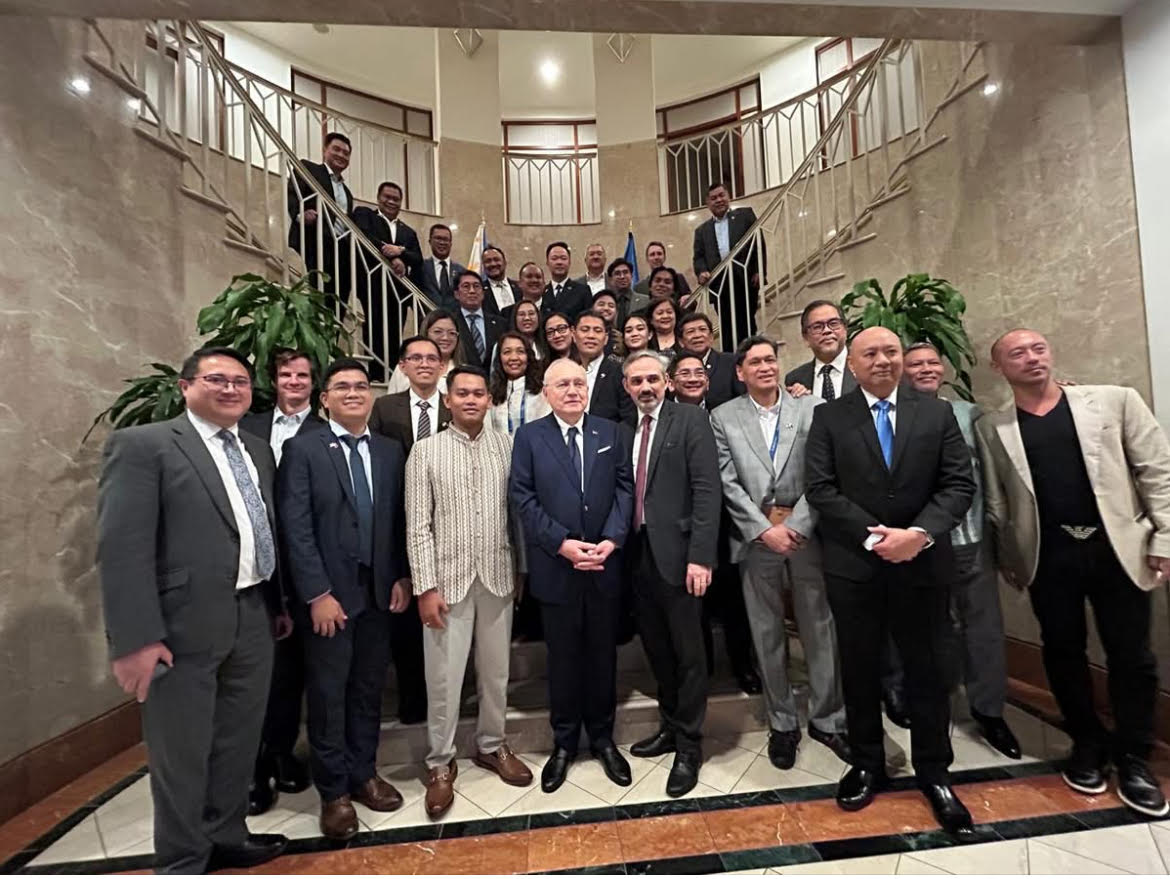MEDIA coverage on IRS abuses and subsequent tax laws put pressure on the Service to revamp the Offer in Compromise (OIC) program for taxpayers who could not pay their tax liabilities. The IRS has just proposed regulations which, for the first time, provide relief if present collection activities create economic hardships.
Previously, the IRS could accept offers only if there was doubt as to liability and collectibility. Now, the IRS will have to determine if the liability would create economic hardship. The regulations outline possible examples of economic hardships:
1. Taxpayer is incapable of earning a living due to medical condition, long-term illness, or disability and the taxpayer’s resources are reasonably foreseen to be depleted.
2. A dependent of the taxpayer has long-term illness that requires the taxpayer to use assets for basic living expenses and medical care.
3. Liquidation of assets to pay liabilities would render taxpayer unable to meet basic living expenses.
To expand access to the OIC program, the IRS also instituted a new review process for rejected offers, revised OIC Form 656, and revised its handbook for IRS agents. OIC specialists are advised to look for “exceptional circumstances” whereby collection would be detrimental to voluntary compliance. The new Form 656-A, Additional Basis for Compromise, is to be used in cases where acceptance of the offer would promote effective tax administration and would not undermine tax compliance.
To qualify, taxpayers must have a clean history of filing and paying their taxes. Businesses must have timely filed and paid all quarterly federal taxes for the two preceding quarters and must have timely made all federal tax deposits in the current quarter in which they submit an offer. They also cannot be in bankruptcy at that time.
The procedures require that you submit the traditional Form 656 and the new Form 656-A that contains a full page of “explanation of circumstances.”
While these new regulations open the door for taxpayers who could not qualify under traditional remedies, the IRS stresses that these regulations should not be viewed as an invitation to avoid paying taxes. Commissioner Rossitti describes the program as a “new way for the IRS to help some people who are trapped in severe hardship.”
Remember that telephone calls, notices, and visits by agents of the IRS stop when you file an OIC. It brings temporary relief while your OIC proposal is being reviewed. Remember also that the statute of limitations is suspended while your offer is pending. Good luck.
* * *
Sy Al-os Accountancy Corporation provides accounting and tax services to individuals, corporations, LLCs and business entities. The Firm has a niche in defending taxpayers audited by the IRS and other governmental agencies. The firm celebrates its 38th anniversary in 2015.
* * *
Victor Santos Sy graduated Cum Laude from UE with a BBA and from Indiana State University with an MBA. Vic worked with SyCip, Gorres, Velayo (SGV – Andersen Consulting) and Ernst & Young before establishing Sy Accountancy Corporation in 704 Mira Monte Place, Pasadena, CA 91101. He has 50 years of experience in accounting, consulting, and tax work.
* * *
The Firm proudly welcomes Arlene Al-os in 2015. She obtained her bachelors of Science in Accountancy from Mindanao State University and MBA from Ateneo de Manila University. She teaches intermediate accounting at UCLA and was a professor of Economics at Asia Pacific College. She has over 15 years of experience including member firms of KPMG and BDO Seidman accounting firms.
* * *
Our readers may call (626) 744-0200 or email tax questions to info@victorsycpa.com. Please visit our website for about 300 tax tips at www.victorsycpa.com.






